May be subject to criminal prosecution
The following acts may be prohibited under the provisions of the Law on Cyber Security and the Law on Network Information Security:
- Using cyberspace to commit the following acts: Providing false information that causes confusion among the people, causes damage to socio-economic activities, causes difficulties for the operations of state agencies or public servants, and infringes upon the legitimate rights and interests of other agencies, organizations, and individuals (Point d, Clause 1, Article 8 of the Law on Cyber Security).
- Information on cyberspace containing humiliating and slanderous content includes: Fabricated or false information that infringes upon the honor, reputation, dignity or causes damage to the legitimate rights and interests of other agencies, organizations and individuals.
- Information on cyberspace with content that violates economic management order includes: Fabricated or untrue information about products, goods, money, bonds, promissory notes, government bonds, checks and other valuable papers (point b, clause 3, point a, clause 4, article 16 of the Law on Cyber Security).
- Interfering, accessing, causing harm, deleting, changing, copying and distorting information on the network illegally (Clause 1, Article 7 of the Law on Network Information Security). Depending on the nature and severity of the violation, the violator may be subject to disciplinary action, administrative sanctions or criminal prosecution; if causing damage, compensation must be paid.
People who commit acts such as: Providing, sharing fake information, false information, distorting, slandering, insulting the reputation of agencies, organizations, honor and dignity of individuals;
Providing and sharing fabricated information, causing confusion among the people... may be subject to cybersecurity protection measures; administrative fines from VND 5,000,000 to VND 10,000,000 and forced to remove false information that they have posted (Clause 1, Clause 3, Article 101 of Decree 15/2020/ND-CP amended by Clause 37, Article 1 of Decree 14/2022/ND-CP).
If the nature and level of the violation is serious, criminal liability may be prosecuted for one of the following crimes:
- Crime of humiliating others with the highest penalty of up to 5 years in prison.
- Crime of slander with maximum penalty of up to 7 years in prison.
- Crime of illegally providing or using information on computer networks or telecommunications networks with the highest penalty of up to 7 years in prison.
- Crime of taking advantage of democratic freedoms to infringe upon the interests of the State, the rights and legitimate interests of organizations and individuals with the highest penalty of up to 7 years in prison (Articles 155, 156, 288, 331 of the Penal Code).
Source


![[Photo] "Beauties" participate in the parade rehearsal at Bien Hoa airport](https://vstatic.vietnam.vn/vietnam/resource/IMAGE/2025/4/11/155502af3384431e918de0e2e585d13a)


![[Photo] Looking back at the impressive moments of the Vietnamese rescue team in Myanmar](https://vstatic.vietnam.vn/vietnam/resource/IMAGE/2025/4/11/5623ca902a934e19b604c718265249d0)





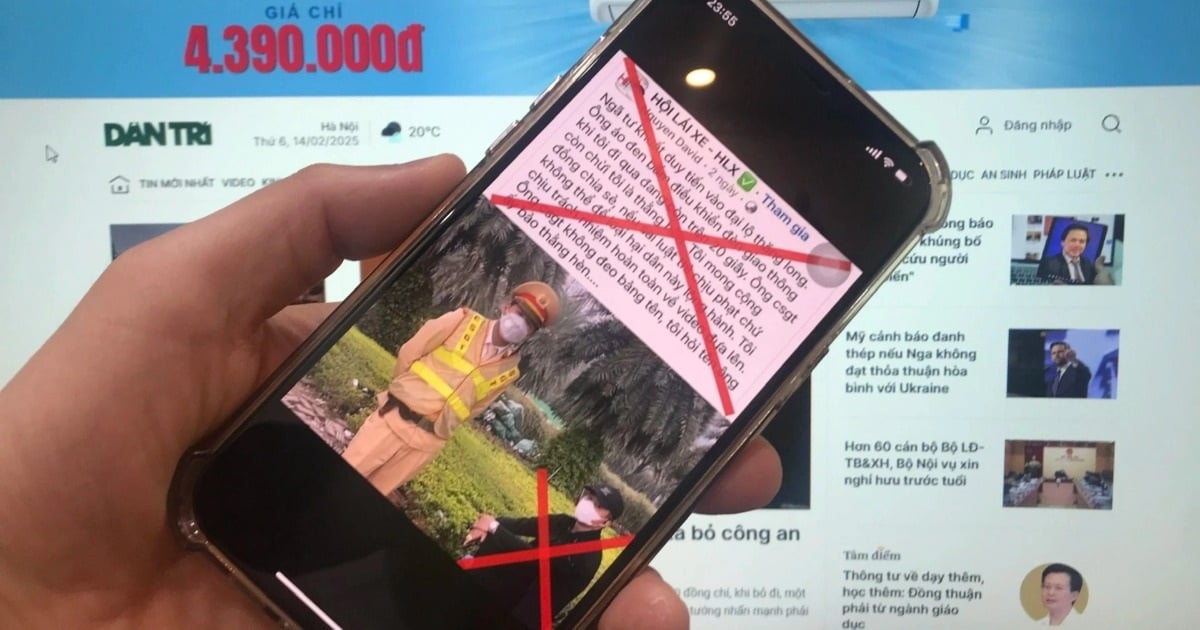


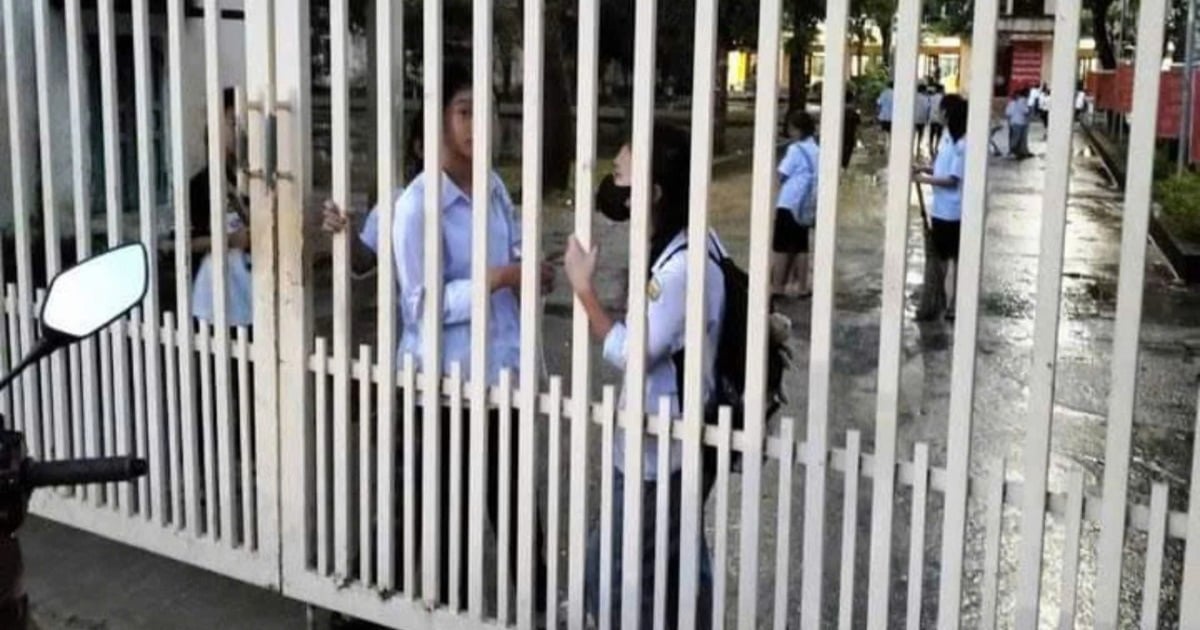
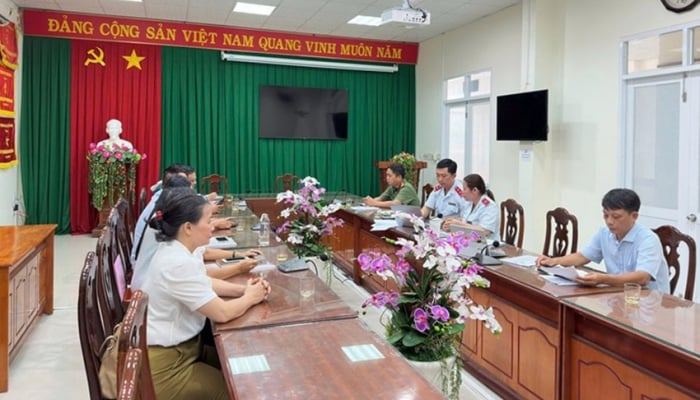



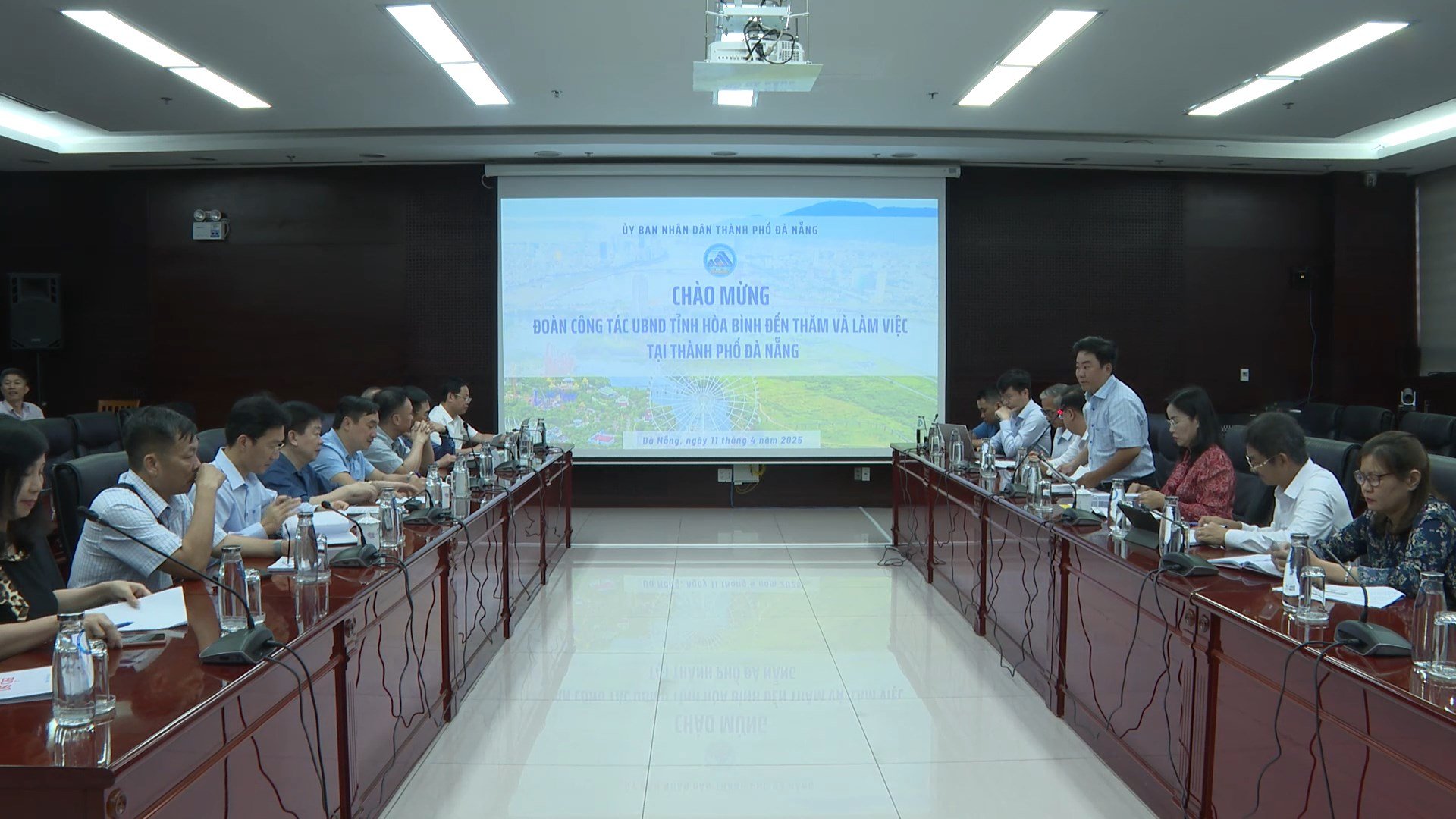

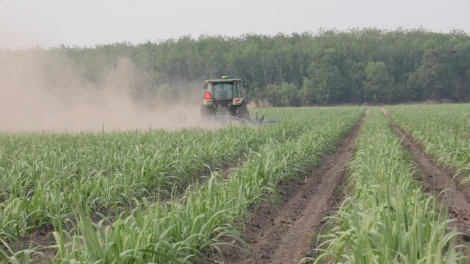
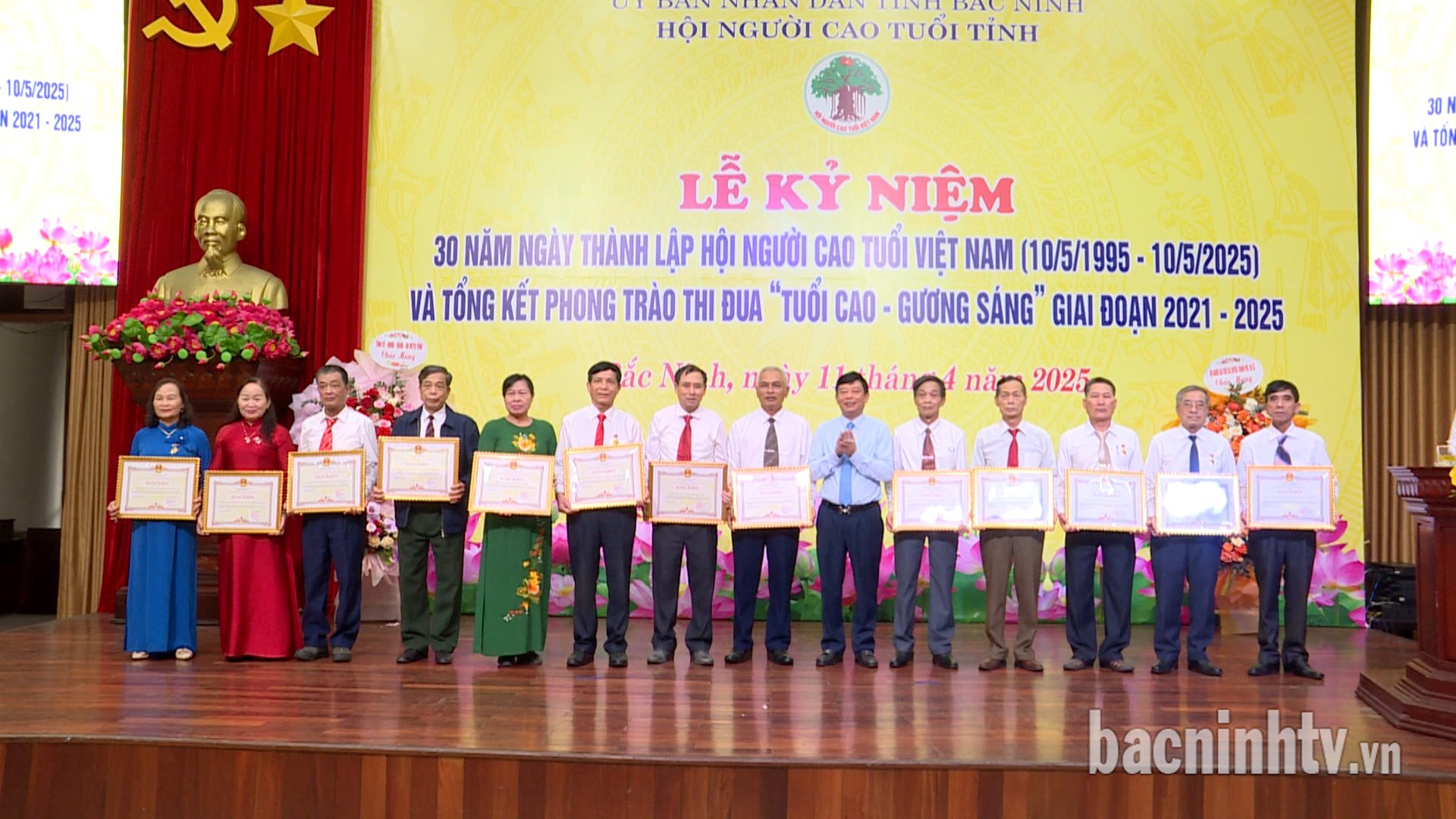



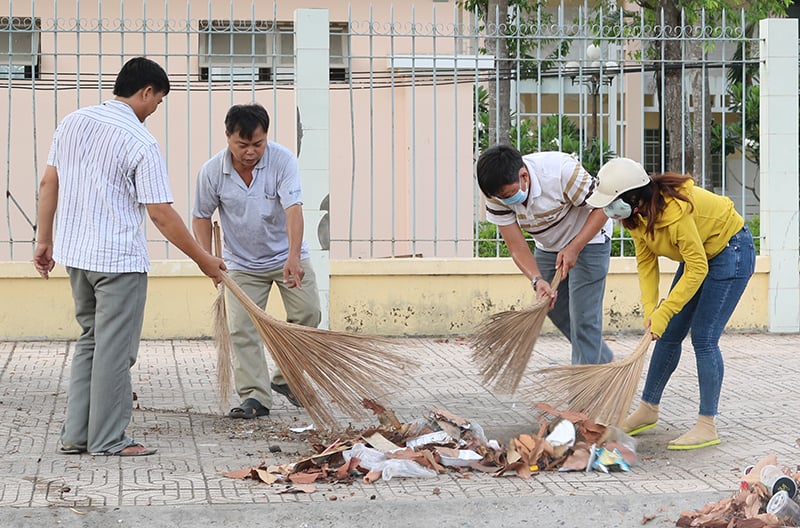


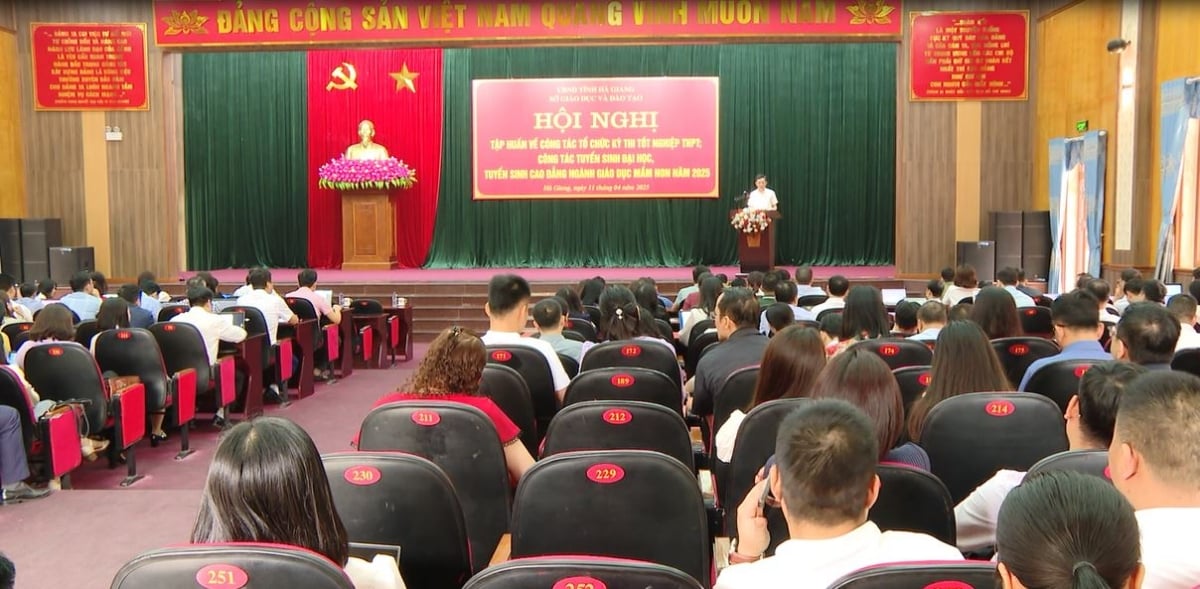
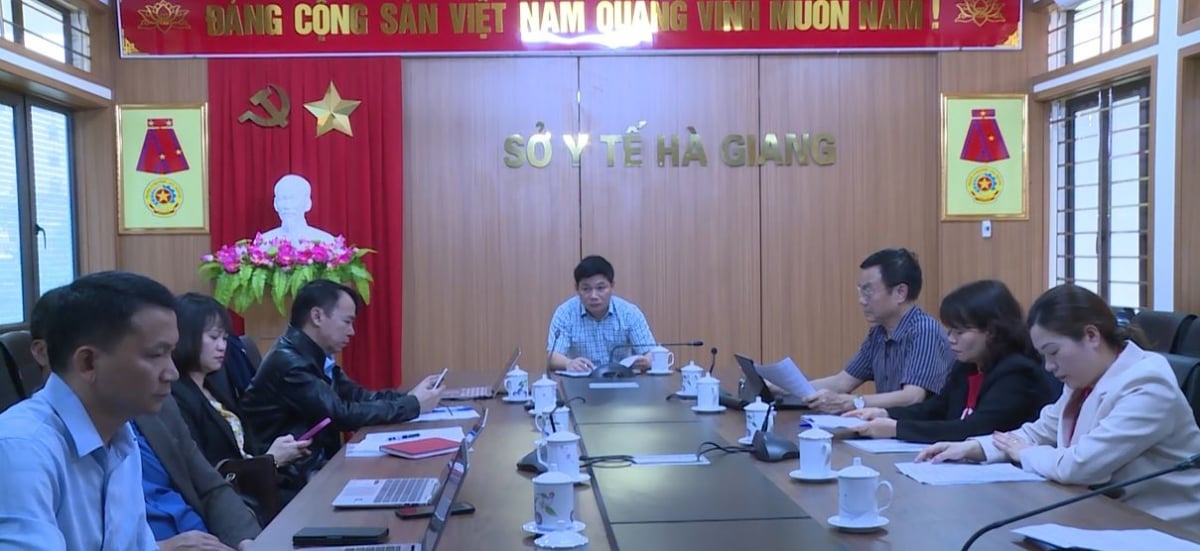

![[Photo] Summary of parade practice in preparation for the April 30th celebration](https://vstatic.vietnam.vn/vietnam/resource/IMAGE/2025/4/11/78cfee0f2cc045b387ff1a4362b5950f)












































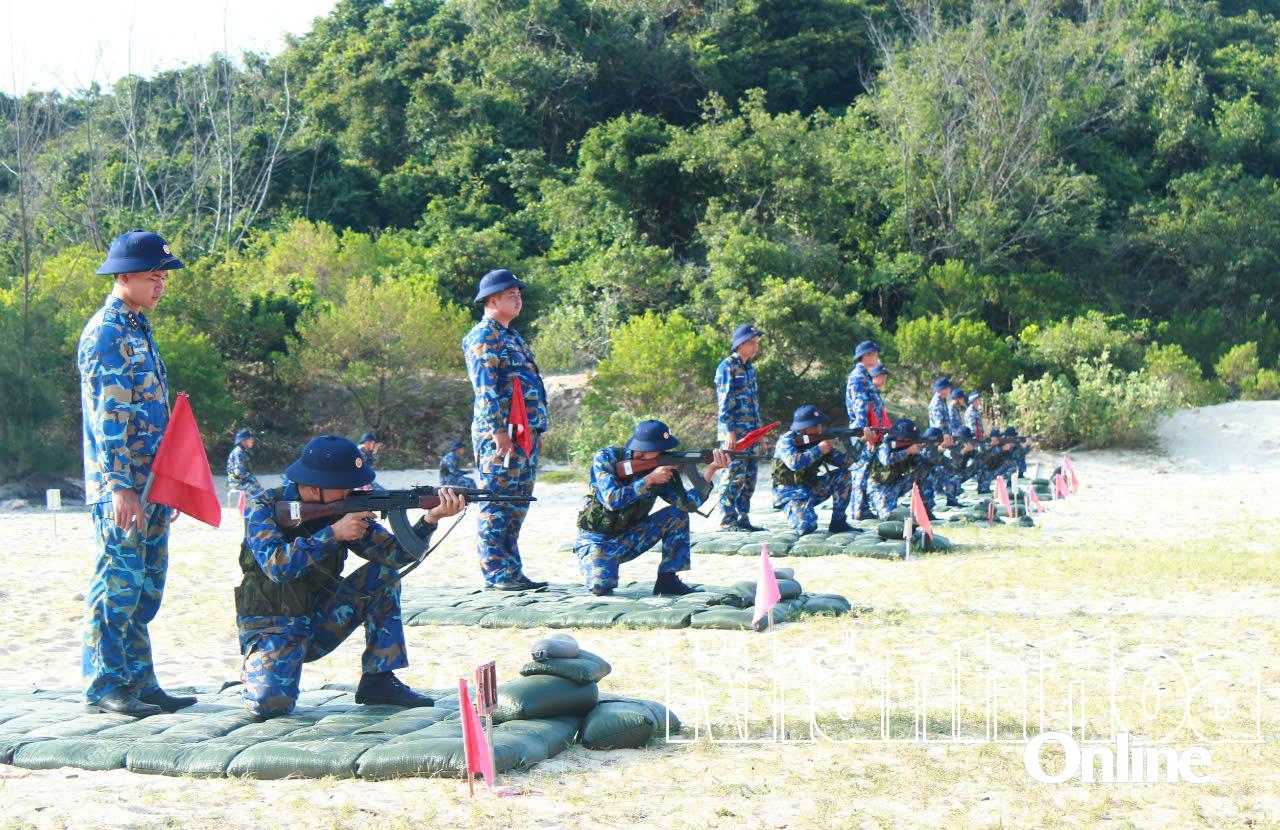













Comment (0)